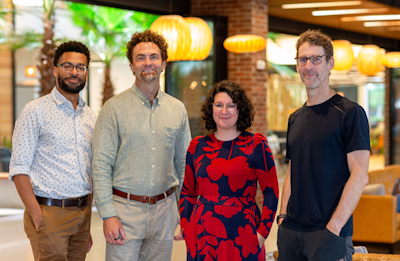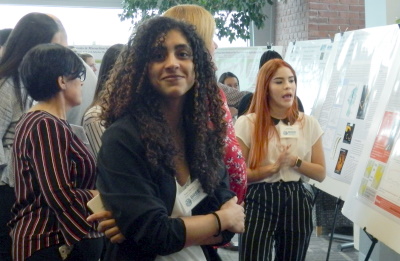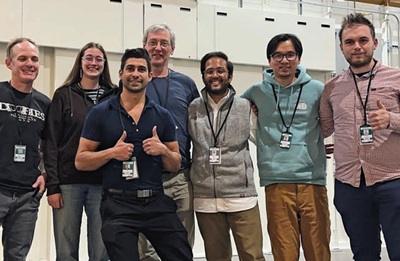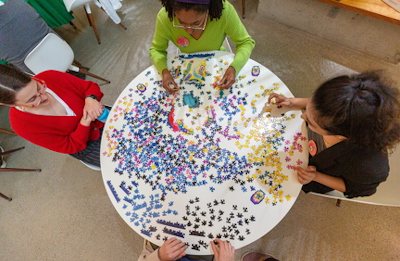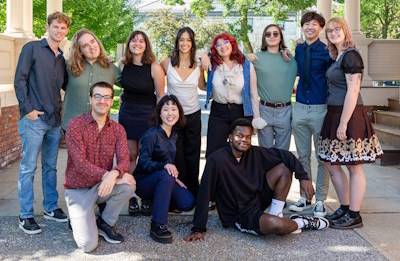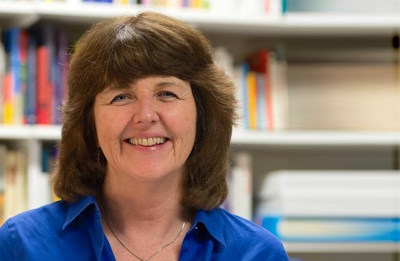.About Vermont EPSCoR
aboutvtepscor
Large
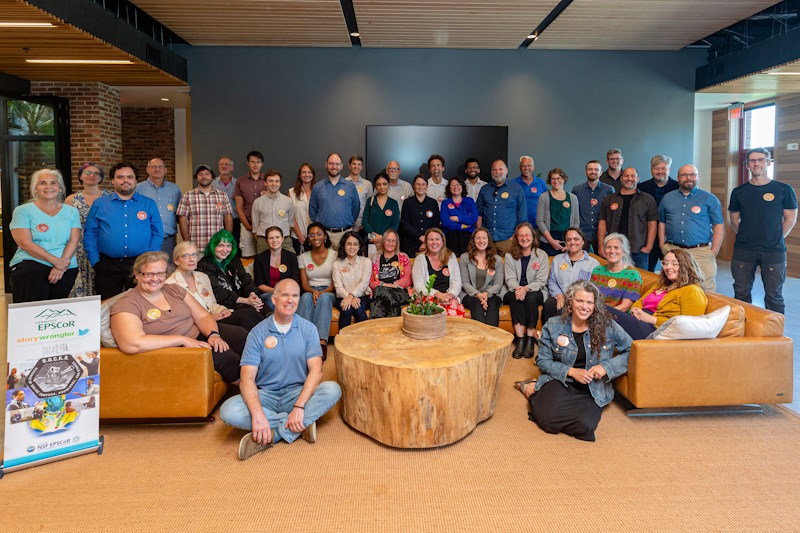
 About Vermont EPSCoR
About Vermont EPSCoR
The Vermont Established Program to Stimulate Competitive Research (VT EPSCoR) helps build the state's capacity for scientific research and trains a prepared science, technology, engineering and mathematics (STEM) workforce. We do this through multi-year, federally funded projects that integrate statewide higher institutions, stakeholders, private sector, partners and collaborators. Together, research teams, post-doctoral associates and graduate students work to advance science and engage stakeholders, undergraduate interns and high school teams to discover new scientific knowledge, and train the next generation of innovators.
.About SOCKS
aboutus
Large

Harnessing the Data Revolution for Vermont: The Science of Online Corpora, Knowledge, and Stories (SOCKS)
SOCKS will advance initiatives grounded in principled methods through the quantitative measurement of sentiment and stories across a broad portfolio of corpora. It will also provide new insights into the power and use of stories and narratives across a broad array of social, economic and health domains through integrated data and teams.
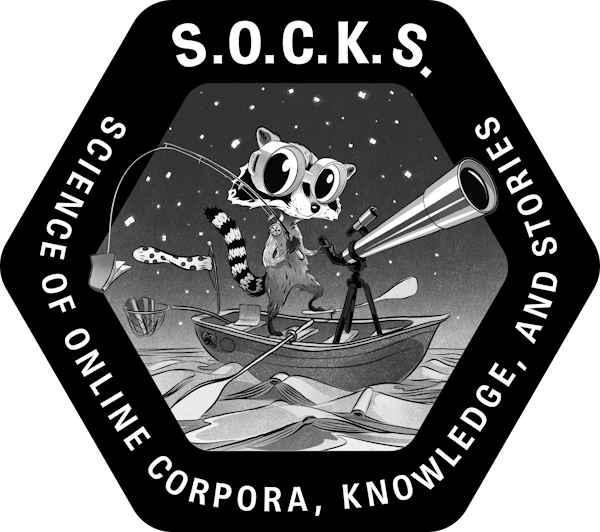

.Socks Current Research
research
Medium
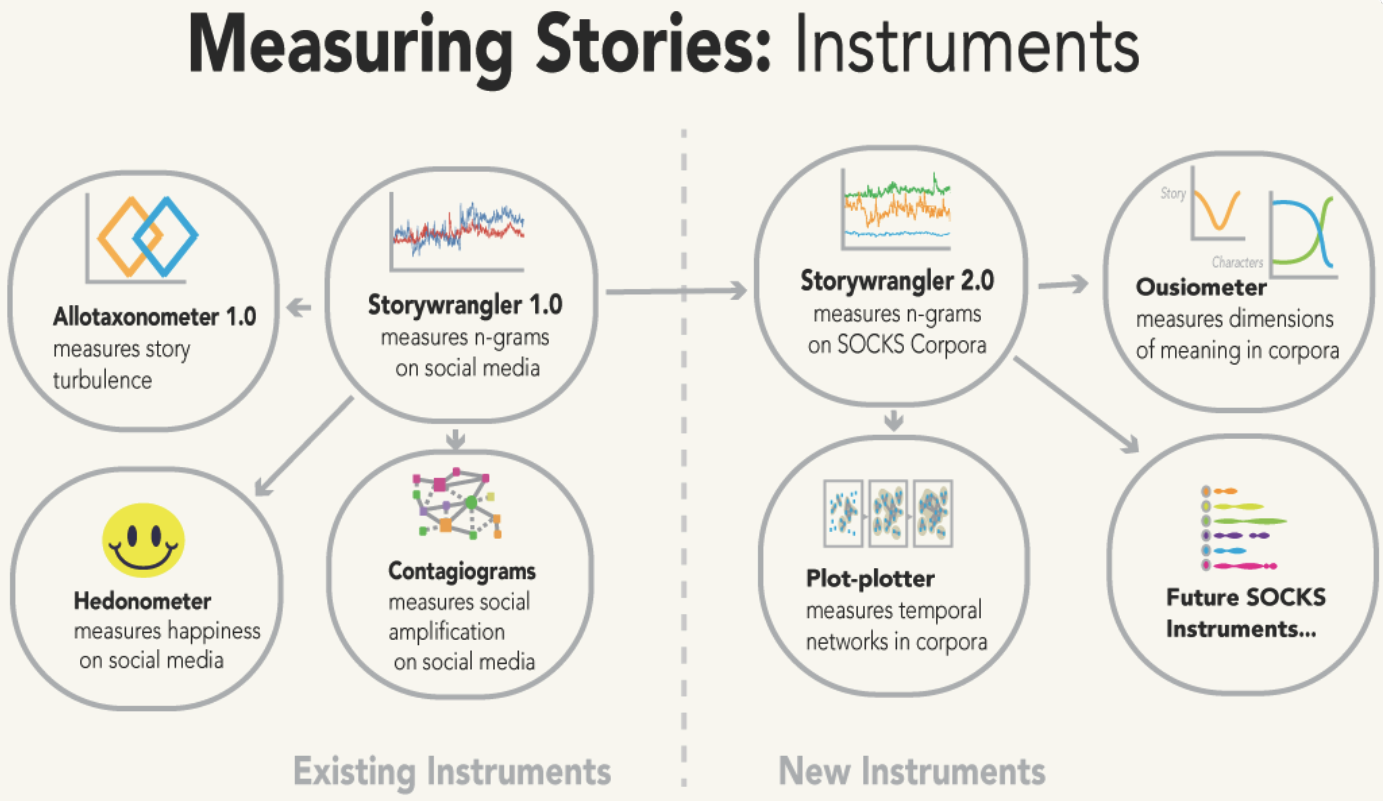
Current Research
| In astronomy and biology, the telescope and the microscope helped us describe phenomena far beyond our limitations, opening up vast new scientific realms. With the SOCKS program, we’re working to do the same for stories by building and refining instruments that can ‘distantly read’ and make sense of enormous collections of texts, whether they be libraries of books, streaming social media, or Vermont folktales from the 1800s. We need to understand how stories evolve and spread, the effects stories have on populations, and with SOCKS, we will help grow a measurement-first science of stories. |
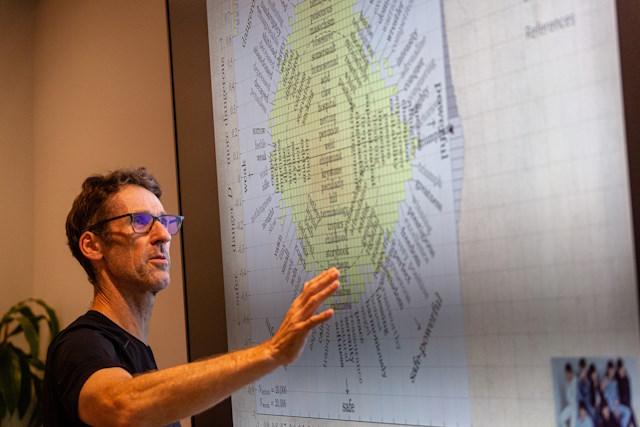
SOCKS Research Capacity Building: Platform and Instruments
| SOCKS builds upon an existing set of instruments to develop a data-driven, computational science of stories. |

SOCKS Data and Cyberinfrastructure Capacity: Building Open Data
| A central goal of this project is to make the wealth of information contained in local archives, such as Vermont’s public, educational, and governmental (PEG) archives, accessible to researchers, particularly those employing high-performance computing environments and engaged in trans- and post-disciplinary research at the intersection of computer science, the social sciences, and the humanities. |
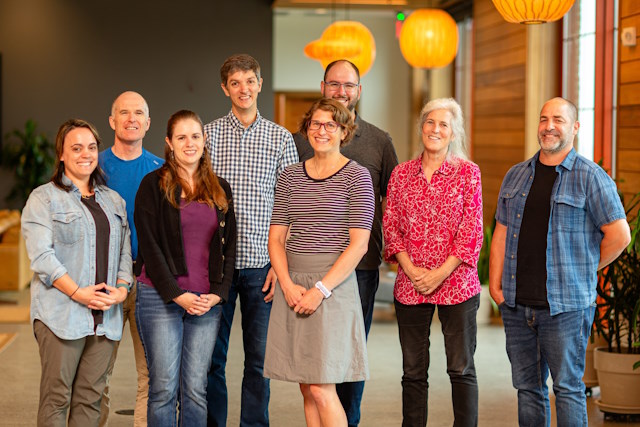
SOCKS Data and Tools in Practice: Advancing Computational Narrative Analytics to Re-Engineer Healthcare Communications
| Storytelling plays a pivotal role in social connections, education and workforce participation, and community engagement in healthcare settings. |
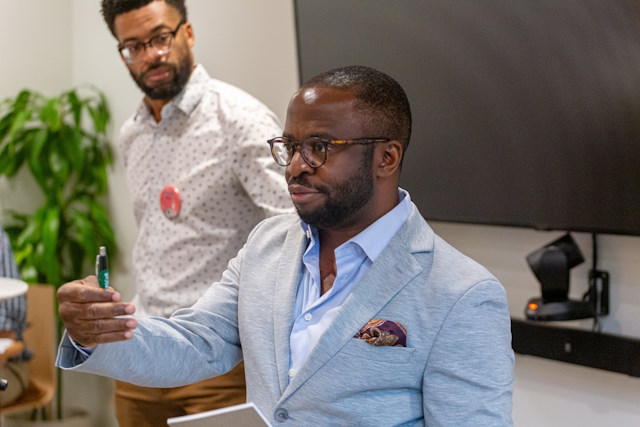
SOCKS Data and Tools in Practice: Social Applications
We will explore the ways that stories are imagined, constructed, challenged, reformulated, and reified through various forms of media, affecting geopolitics, national conversations, and daily lives.
|
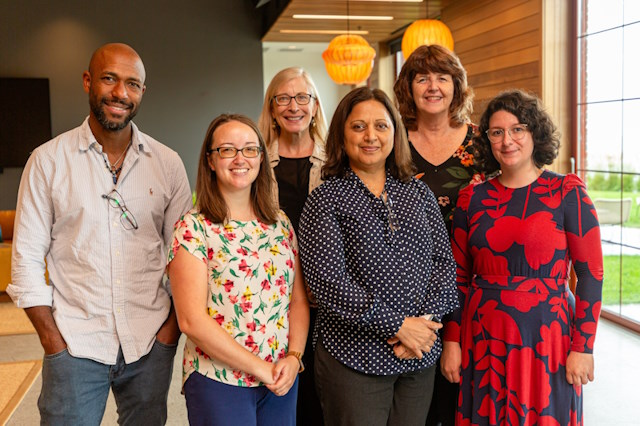
Education and Workforce Development (Broader Impacts)
| We will implement communications and dissemination with professional training opportunities (Alda), coupled with broadening audiences across the region (CBS), for increased public scientific literacy. Anticipated accomplishments by the end of the project include far-reaching impacts in new areas of science and frontiers of knowledge; a new, highly trained workforce in technology-based areas; and a pipeline of educators and next generation scholars trained to continue with new extramural funding and new publications for peers to disseminate and expand this area of research. |
Applications
applications
Large
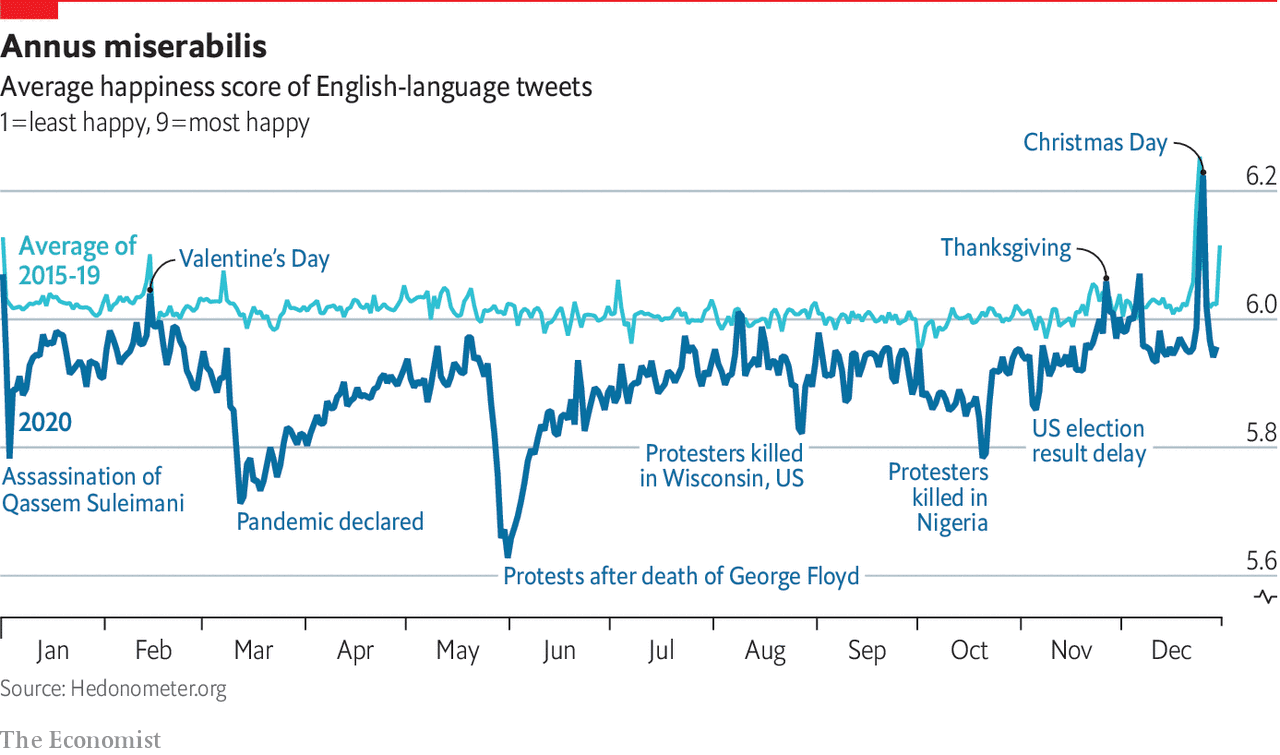
Applications
Stories are an essential part of how people comprehend, explain, predict, and seek to navigate the world. What are the fundamental kinds of stories? How do stories told through social networks influence our behavior? A powerful approach to quantifying the components of stories centers on enumerating the base units of n-grams—contiguous sequences of n words, including punctuation and other text elements in a body of writing—and how usages of and interactions between n-grams unfold over time.
StoryWrangler
Language is humanity’s greatest social technology. While we’ve been communicating for thousands of years, it is only recently that we’ve begun sharing content online—posting selfies, searching for validation, and expressing our uninformed opinions in hot takes and quote tweets. Making sense of all that is being said is a tall order, best suited to a suite of algorithms. Computers can digest bits of language and help us describe, explain, and understand cultural phenomenon at the scale of human populations. The StoryWrangler instrument reflects our first step towards wrestling the day’s events into coherence. It is an approximate daily leaderboard for language popularity around the globe. More information is available at the Story Wrangler website.
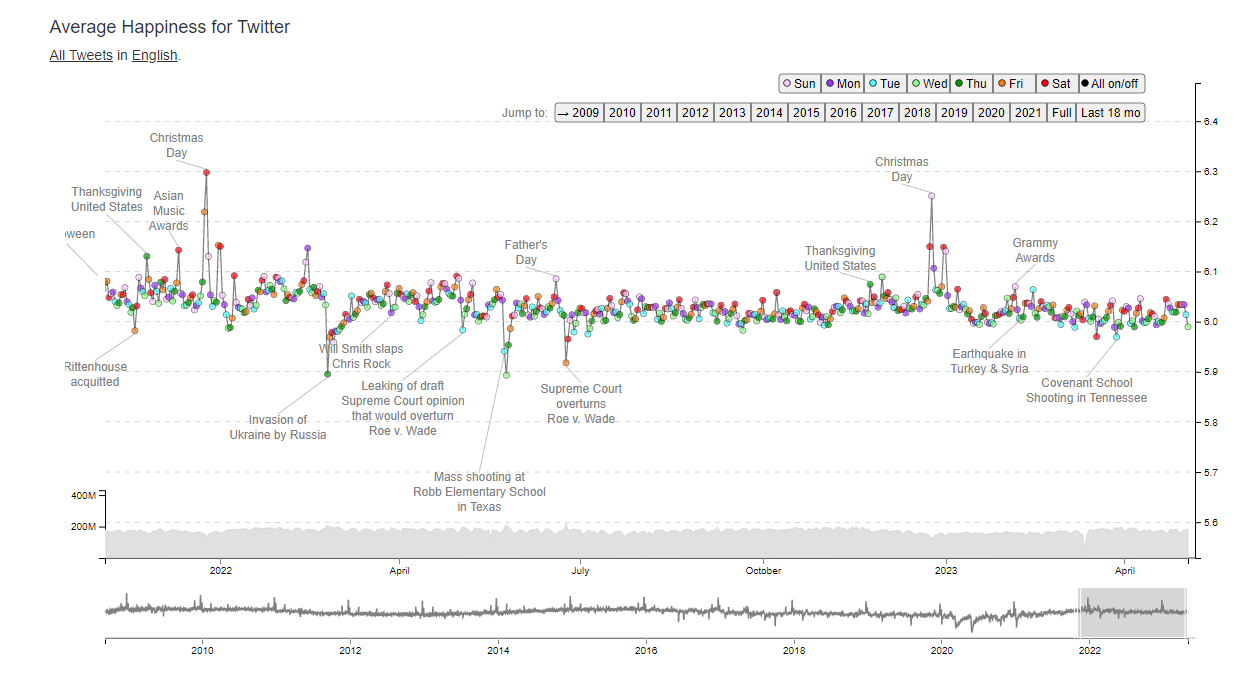
Hedonometer
It’s what most people say they want. So how do we know how happy people are? You can’t improve or understand what you can’t measure. In a blow to happiness, we’re very good at measuring economic indices and this means we tend to focus on them. With our flagship instrument at hedonometer.org we’ve created an instrument that measures the happiness of large populations in near real time. We also link to applications of the instrument to literature, movies, and news. More information is available at the Hedonometer website.
.Education and Workforce Development
education
Small
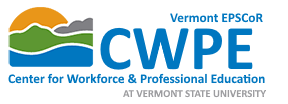
Education and Workforce Development
VT EPSCoR Center for Workforce and Professional Education (CWPE) at Vermont State University works across disciplines to strengthen, cultivate and prepare students in science, technology, engineering, and math (STEM) fields. The CWPE helps connect interested students in social science and STEM areas with faculty researchers throughout Vermont at multiple institutions.
The VT ESPCoR SOCKS Summer Research Internship program allows students to engage in research associated with the NSF EPSCoR award.
More...
The Graduate Certificate in Computer Science Education is designed for educators interested in teaching CS for grades 7 to 12.
More...
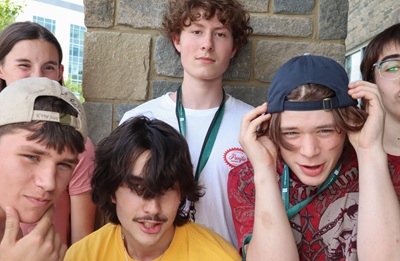 Middle and High School Outreach Partners
Middle and High School Outreach Partners
Vermont EPSCoR is proud to partner with outreach programs across the state.
More...
.Job Opportunities
jobs
Medium

Job Opportunities
Check back in the future for more job opportunities that may become available to work on the SOCKS project.
